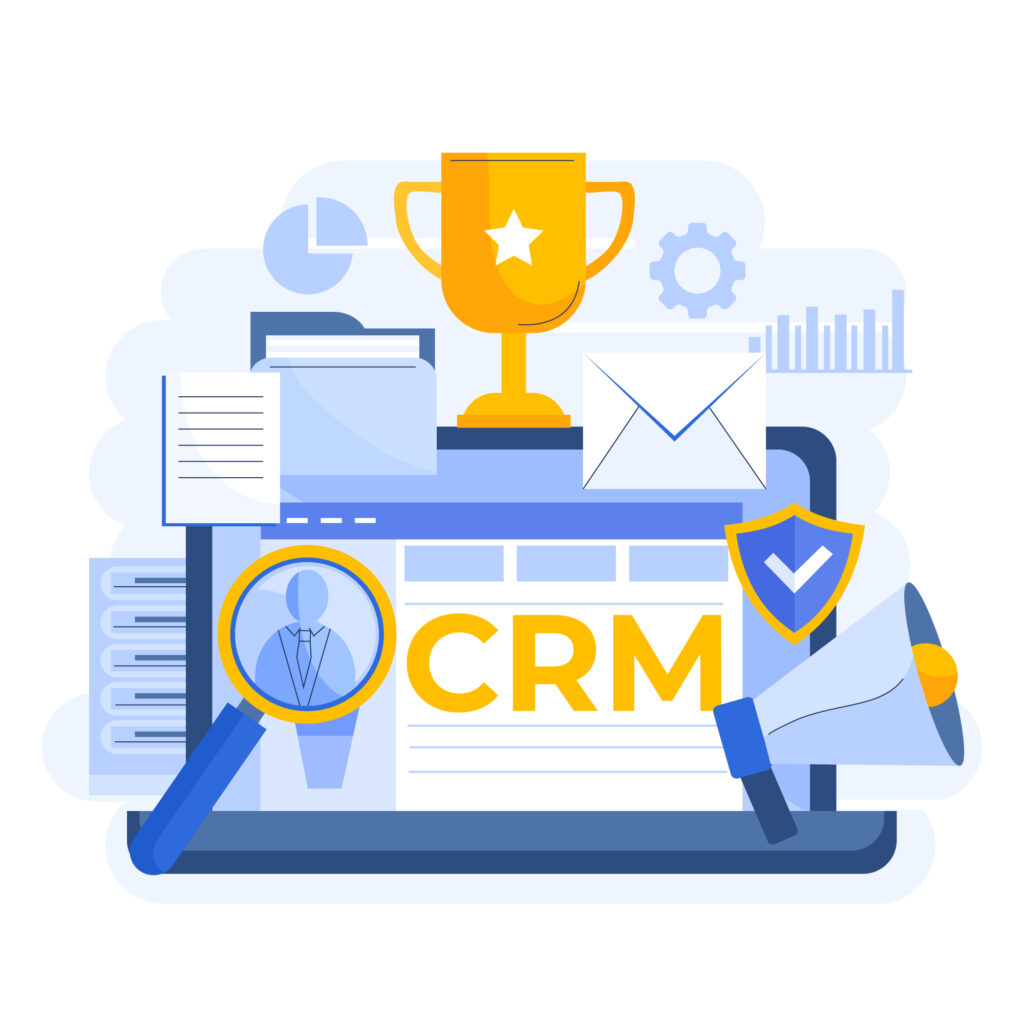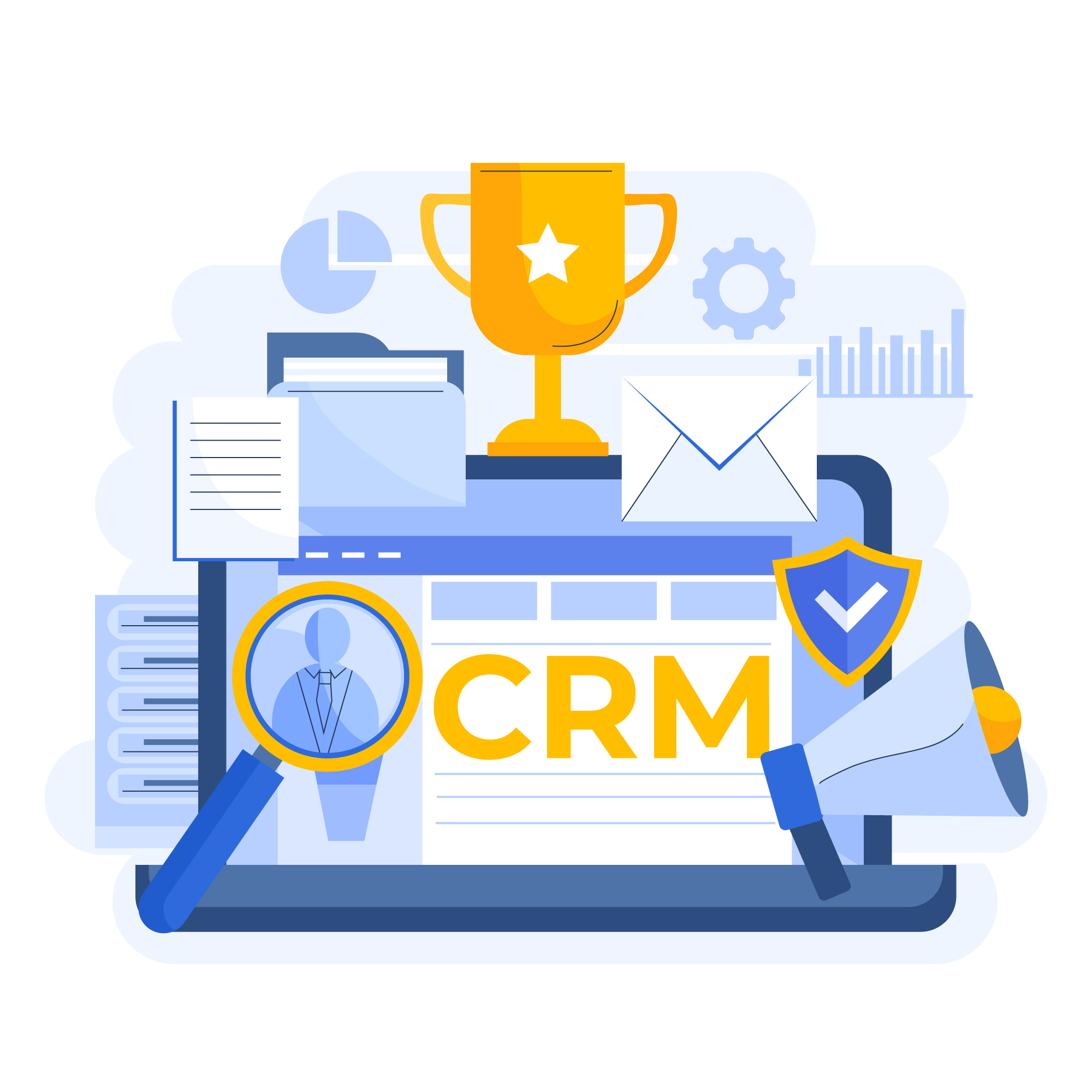In the rapidly evolving business landscape, organizations face numerous challenges in maintaining strong customer relationships while driving revenue growth. Customer Relationship Management (CRM) sales systems have emerged as powerful tools to address these challenges. By leveraging data-driven insights and streamlined processes, CRM solutions enable businesses to enhance their sales strategies, optimize customer interactions, and ultimately boost both revenue and customer relationships.

Understanding CRM Sales
CRM refers to the strategic implementation of customer relationship management principles and technologies to drive sales effectiveness and improve customer satisfaction. At its core, CRM sales focuses on nurturing and managing customer relationships throughout the sales cycle, from lead generation to post-sale support.
CRM systems integrate various functionalities, including contact management, lead tracking, sales forecasting, pipeline management, and customer analytics. These systems consolidate customer data into a central database, providing businesses with a comprehensive view of their customers’ preferences, purchase history, and interactions. With this valuable information at their disposal, sales teams can personalize their approach, anticipate customer needs, and deliver tailored solutions, thereby improving customer satisfaction and loyalty.
Boosting Revenue with CRM Sales
- Streamlined Sales Processes: CRM solutions streamline sales processes by automating repetitive tasks, enabling sales representatives to focus on building relationships and closing deals. With features such as lead scoring and automated follow-up reminders, sales teams can efficiently prioritize leads and optimize their time. By eliminating manual data entry and providing real-time updates, CRM sales systems ensure accurate and up-to-date information, reducing errors and increasing efficiency.
- Improved Lead Management: CRM systems enable businesses to effectively manage leads, ensuring that no potential opportunity slips through the cracks. Through lead tracking and nurturing, sales teams can identify qualified leads and tailor their communication to suit their specific needs. By providing personalized experiences and timely follow-ups, businesses can increase conversion rates and accelerate the sales cycle.
- Enhanced Customer Insights: One of the most significant benefits of CRM is its ability to generate actionable insights from customer data. By analyzing customer interactions, purchase patterns, and preferences, businesses can identify trends and make data-driven decisions. These insights help optimize sales strategies, identify cross-selling and upselling opportunities, and develop targeted marketing campaigns. By understanding customers better, businesses can tailor their offerings and anticipate their needs, resulting in increased sales and customer satisfaction.
Building Stronger Customer Relationships
- Personalized Customer Interactions: CRM sales solutions empower sales teams to deliver personalized interactions with customers. By accessing comprehensive customer profiles, sales representatives can gain insights into previous interactions, preferences, and purchase history, allowing them to offer tailored recommendations and solutions. This personalization builds trust and strengthens the customer relationship, fostering long-term loyalty and repeat business.
- Effective Communication and Collaboration: CRM systems facilitate effective communication and collaboration among sales teams, enabling them to work cohesively towards shared goals. With shared access to customer data, team members can seamlessly collaborate, ensuring a consistent and coordinated approach across all touchpoints. Efficient internal communication leads to improved customer experiences, as sales representatives can provide timely updates and address customer inquiries promptly.
- Proactive Customer Support: CRM sales systems extend beyond the initial sale, offering opportunities to provide exceptional customer support. By centralizing customer data, businesses can track post-sale interactions and proactively address any issues or concerns. Prompt and personalized support builds customer trust and satisfaction, leading to higher customer retention rates and positive word-of-mouth referrals.
Conclusion
In today’s competitive business landscape, organizations must prioritize both revenue growth and strong customer relationships. CRM systems offer a powerful solution by optimizing sales processes, providing valuable customer insights, and fostering personalized customer interactions. By leveraging these tools effectively, businesses can drive revenue growth, improve customer satisfaction, and gain a competitive edge in the market. Embracing CRM is no longer a choice but a necessity for businesses aiming to thrive in the digital era.
Related Articles:
1. 7 Ways CRM Improves Customer Relationships
2. 5 Ways to Increase Revenue With CRM Software
3. Ways to Increase Revenue With CRM




